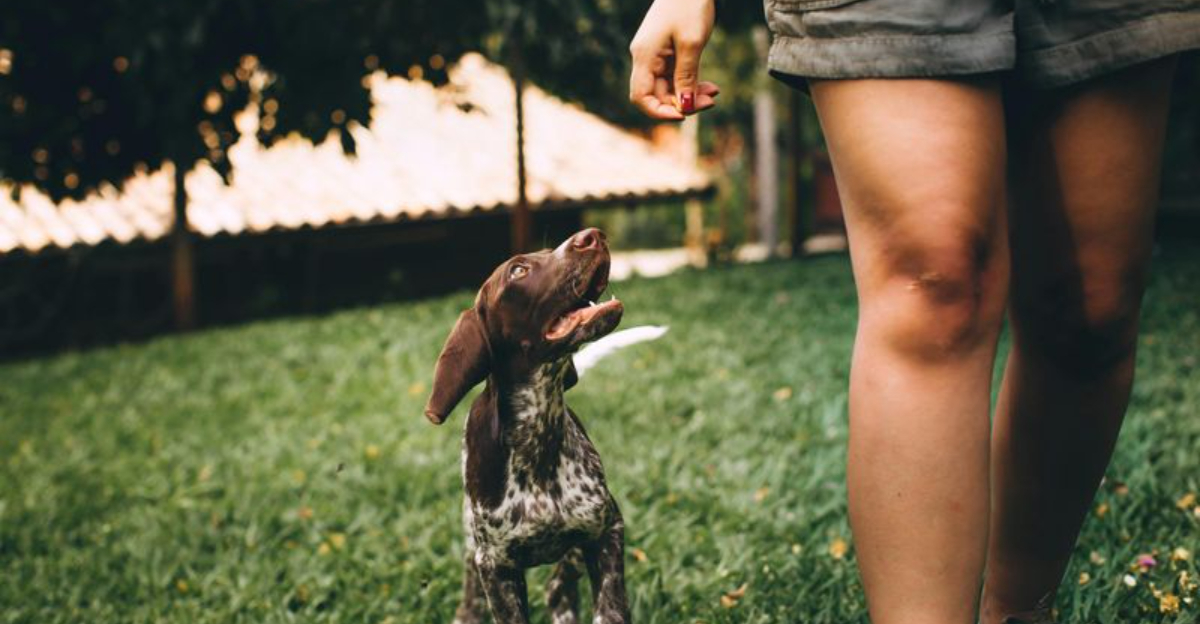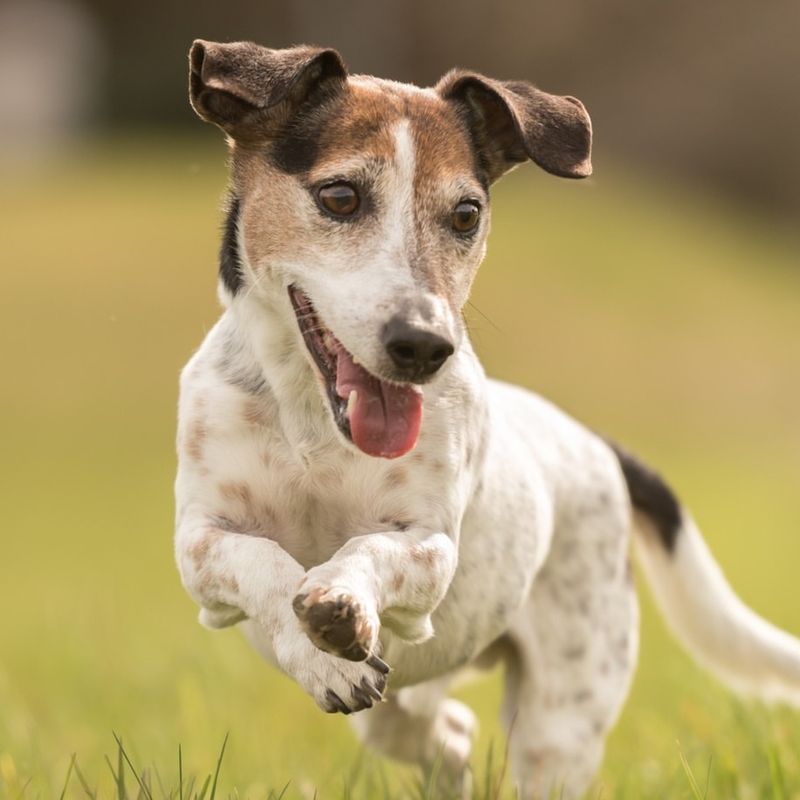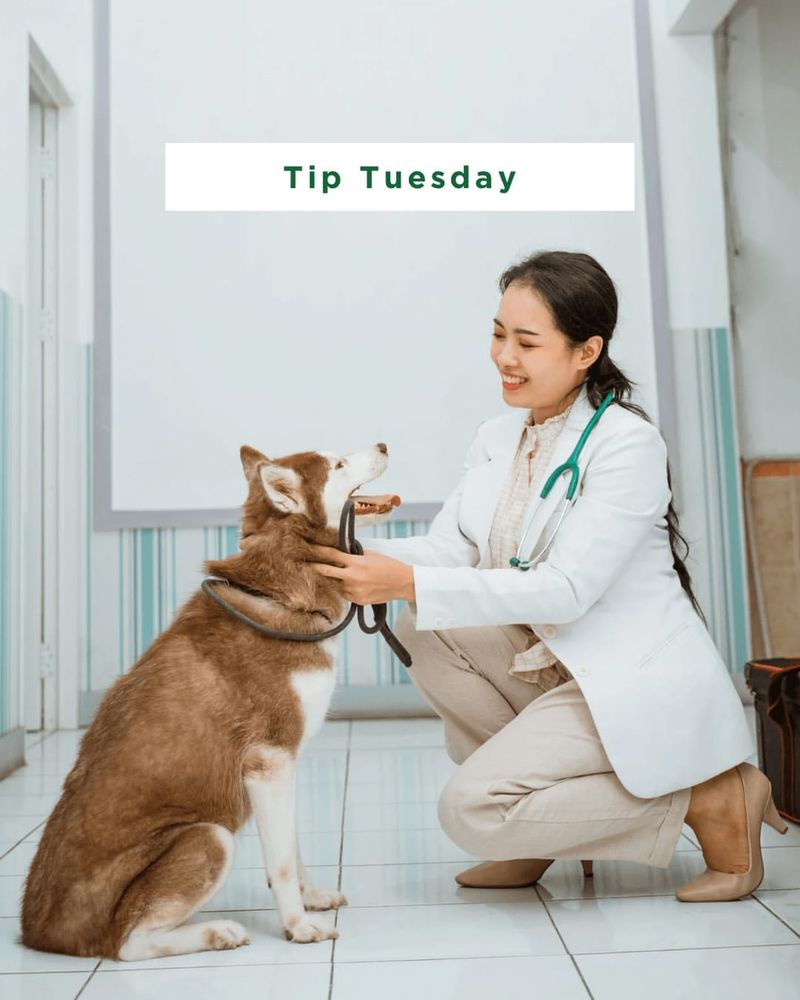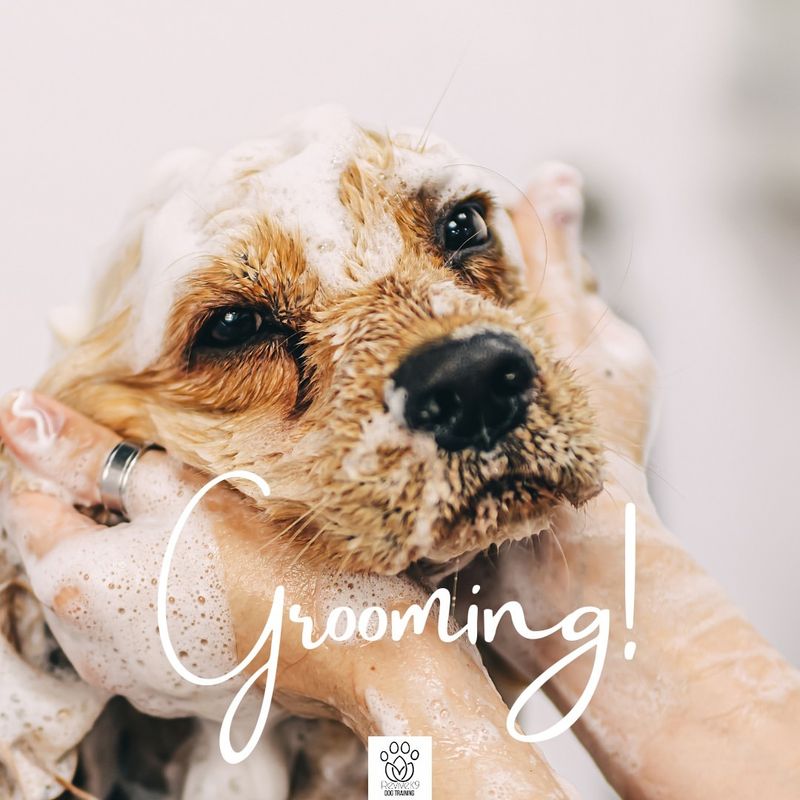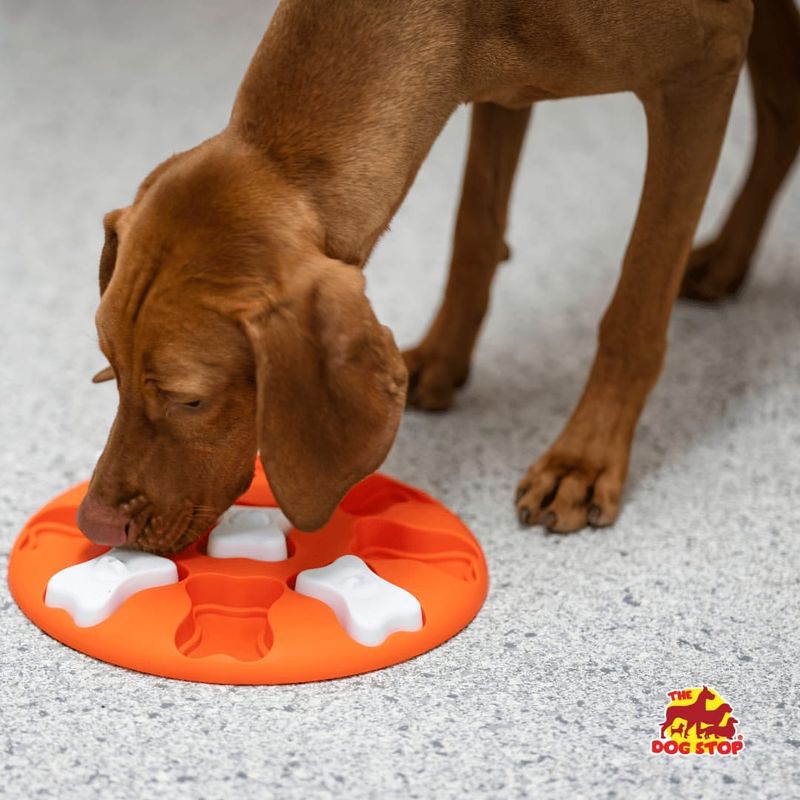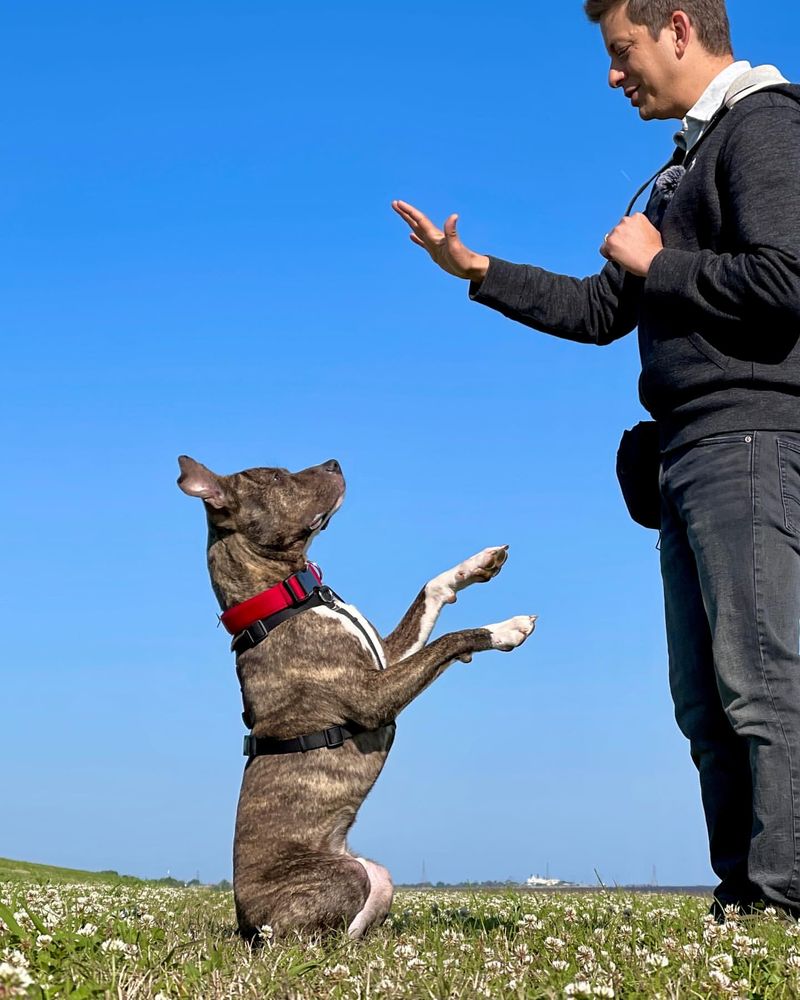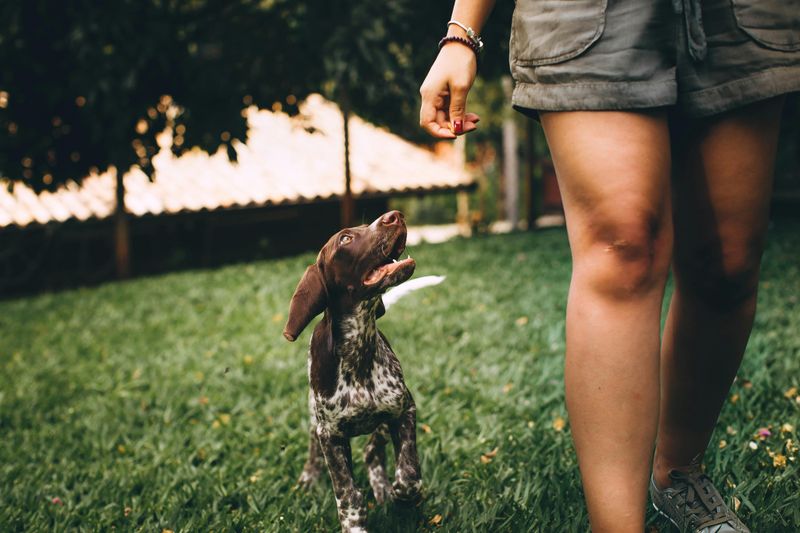Welcoming a furry friend into your life comes with the responsibility of keeping them happy and healthy. Our canine companions rely on us for love, care, and attention to thrive in their daily lives. Discover these ten essential tips to ensure your dog leads a joyful and healthy life, filled with wagging tails and endless affection.
Regular Exercise
Exercise is crucial for your dog’s physical and mental well-being. A daily routine of walks, playtime, and other physical activities helps maintain a healthy weight and reduces behavioral problems. Puppies and young dogs need more frequent activities, while older dogs may require gentler exercises.
Interactive games like fetch or tug-of-war are brilliant ways to bond and motivate your dog to move. Remember, a tired dog is a happy dog, but be mindful of not over-exerting them, especially in hot weather. Always provide plenty of fresh water and adjust activities to suit your dog’s age and health.
Balanced Diet
A balanced diet is fundamental to your dog’s health. Providing high-quality dog food ensures they receive necessary nutrients, vitamins, and minerals. Consult your vet to determine the best diet tailored to your dog’s age, size, and activity level.
Avoid feeding table scraps or foods that may harm dogs, such as chocolate or grapes. Fresh water should always be available to keep them hydrated.
Occasionally, treat your dog with healthy snacks like carrots or apple slices. Proper nutrition contributes to a shiny coat, strong bones, and a robust immune system.
Regular Vet Check-ups
Routine veterinary visits are essential for monitoring your dog’s health. Regular check-ups help identify potential health issues early, ensuring your dog receives timely treatment. Vaccinations, dental care, and parasite prevention are key aspects of these visits.
Establish a trusting relationship with your vet, who can provide valuable advice on your dog’s health and well-being.
This proactive approach can prevent more serious conditions and increase your pet’s lifespan. Remember, visits to the vet should be a positive experience for your dog; reward them with treats and affection.
Grooming and Hygiene
Maintaining your dog’s grooming and hygiene is vital for their comfort and health. Regular brushing removes dirt, prevents matting, and reduces shedding. Depending on your dog’s breed, you may need to bathe them monthly or seasonally, using gentle dog-specific shampoo.
Pay attention to their ears, teeth, and nails. Clean ears prevent infections, brushing teeth prevents dental issues, and trimmed nails prevent discomfort.
Grooming is also an opportunity to check for abnormalities like lumps or parasites. Make grooming a positive experience by rewarding your dog with treats and praise for their patience.
Mental Stimulation
Mental stimulation is just as important as physical exercise for your dog. Engaging their minds can help prevent boredom and related behavioral issues. Puzzle toys, treat-dispensing gadgets, and training sessions are excellent ways to challenge your dog’s brain.
Teaching new tricks or commands keeps their minds active and strengthens your bond. Rotate toys regularly to maintain interest and avoid monotony.
Interactive playtime with family members can also contribute to their mental well-being. Remember, a mentally stimulated dog is a happy and well-adjusted companion.
Socialization
Socialization is key to a well-rounded and confident dog. Introducing your dog to different environments, people, and other animals fosters adaptability and reduces fear of the unknown. Puppy classes, dog parks, and playdates are excellent opportunities for social interaction.
Supervised play with other dogs builds communication skills and teaches important social cues. Be patient and positive, avoiding negative experiences that could create anxiety.
Socialization is a lifelong process, contributing to your dog’s overall happiness and reducing the likelihood of aggression or behavioral problems.
Safe Environment
Creating a safe environment for your dog is crucial to their well-being. Ensure your home is free from hazards such as toxic plants, electrical cords, and small objects that could be swallowed. Provide a comfortable space with a cozy bed and access to their favorite toys.
Outdoor environments should be secure with a fenced yard or on-leash walks to protect them from traffic or other dangers.
Regularly check your home and yard for potential threats, making necessary adjustments. A safe, loving environment allows your dog to explore and thrive confidently.
Training and Behavior
Consistent training is essential for a harmonious life with your dog. Basic commands like sit, stay, and come are the foundation of good behavior. Positive reinforcement techniques, such as treats and praise, encourage desirable actions and strengthen your bond.
Training provides mental stimulation and helps manage behavioral issues like aggression or anxiety. Enroll in classes to learn effective training methods and socialize your dog.
Remember, patience and consistency are key to successful training. Celebrate small victories and enjoy the journey of learning together with your furry friend.
Love and Affection
Love and affection are the heart of a dog’s happiness. Dogs thrive on attention from their human companions, and showing love strengthens your bond. Regular cuddles, petting, and spending quality time together contribute to their emotional well-being.
Recognize your dog’s unique personality and respect their space when needed. Understanding their body language helps respond to their needs appropriately.
Affectionate interactions create trust and loyalty, making your dog feel secure and loved. Remember, the love you give your dog is returned many times over through their unwavering companionship.
Routine and Consistency
Dogs thrive on routine and consistency, which provide a sense of security and stability. Establishing regular feeding times, walks, and play sessions helps your dog know what to expect each day. Consistent routines reduce anxiety and promote better behavior.
While routines are important, be flexible and adapt to your dog’s changing needs as they age. Involve all family members in maintaining the schedule to ensure continuity.
A stable environment with predictable routines fosters a happy, healthy dog, making your life together more enjoyable and fulfilling.
